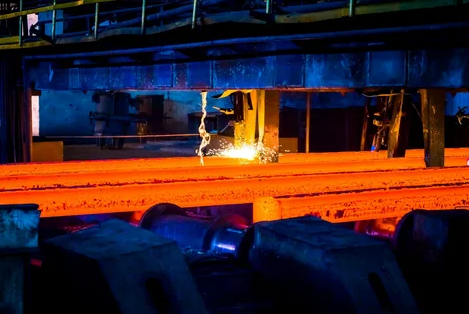According to McCloskey, a division of the U.
S. Oil Price Information Service (OPIS), European steel importers are entering a period of heightened uncertainty as the Carbon Boundary Regulation Mechanism (CBAM) approaches full implementation in 2026.
The report notes that the final CBAM benchmarks, which determine carbon cost calculations for imported steel, will only be published in advance in December 2025, while final figures are expected. in early 2026, as soon as the benchmarks of the EU Emissions Trading System (ETS) for 2026-30 are finalized.
CBAM-ETS link is the basis for WTO compliance
McCloskey emphasizes that CBAM benchmarks are derived directly from ETS benchmarks, effectively extending the EU's internal carbon cost system for imports. Such alignment is crucial to ensure compliance with the requirements of the World Trade Organization (WTO), as CBAM must demonstrate cost equivalence with domestic carbon prices so that it is not considered a trade barrier.
Therefore, the European Commission will first issue a methodological guide explaining how the ETS process benchmarks are converted to CBAM product benchmarks before publishing the actual numerical values in the first quarter of 2026.
Starting in 2026, Free ETS quotas for carbon leakage sectors, including steel, will begin to decrease gradually, starting with a 2.5 percent reduction in 2026 and continuing annually until 2030. CBAM will gradually replace these quotas to equalize carbon costs between domestic and imported steel.
DRI-EAF's competitiveness is questionable
McCloskey highlights a key technical issue related to direct recovery iron (DRI). Although DRI was included in the ETS "hot metal" category in 2023, it was excluded from the base period of 2026-30 to avoid statistical distortions.
This decision may affect the competitiveness of DRI-EAF, depending on whether a separate CBAM benchmark is introduced:
- Blast furnace products may experience a decrease in CBAM control values, which will lead to an increase in their carbon content. cost.
- EAF-based imports may see a more drastic reduction.






